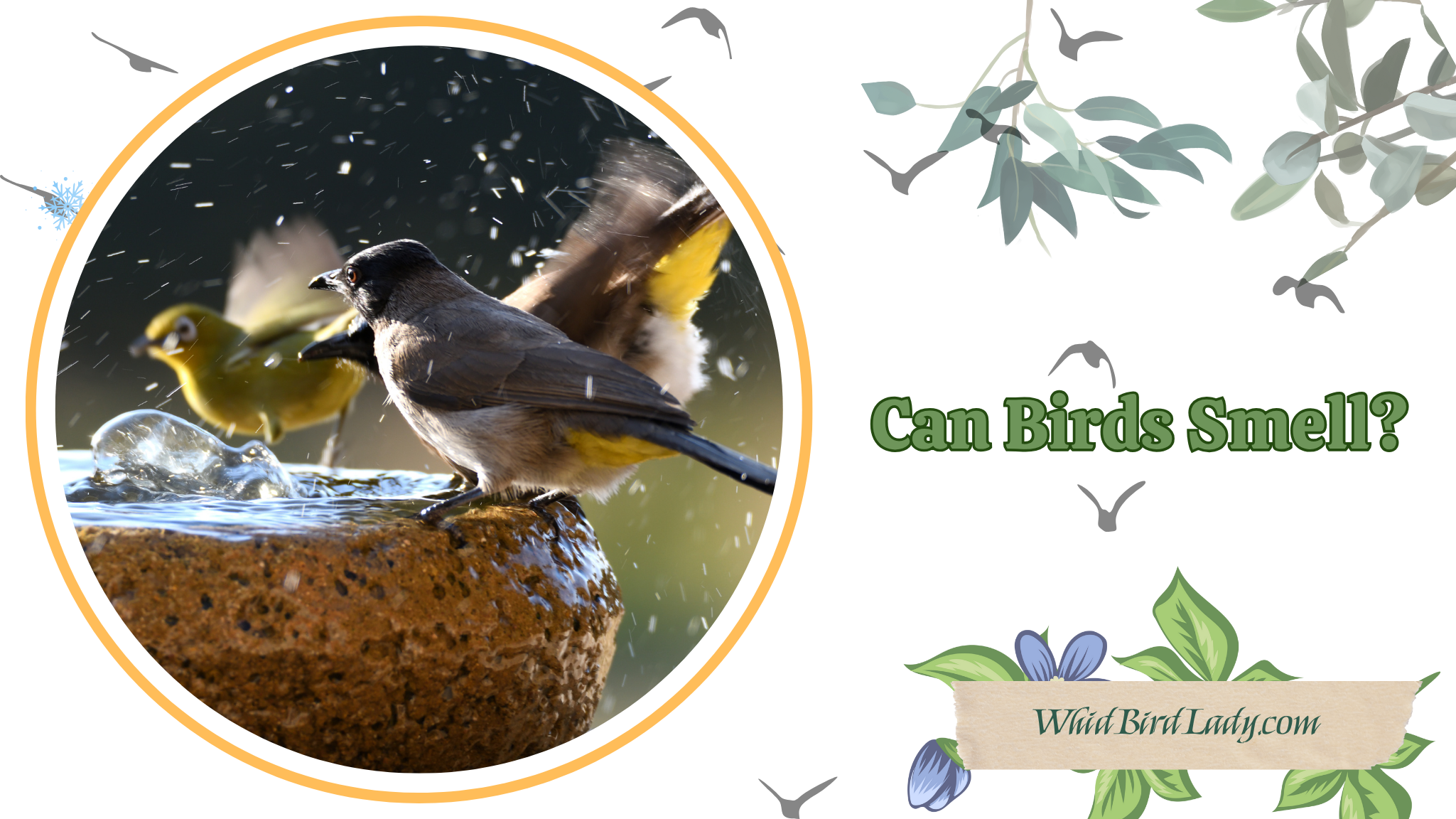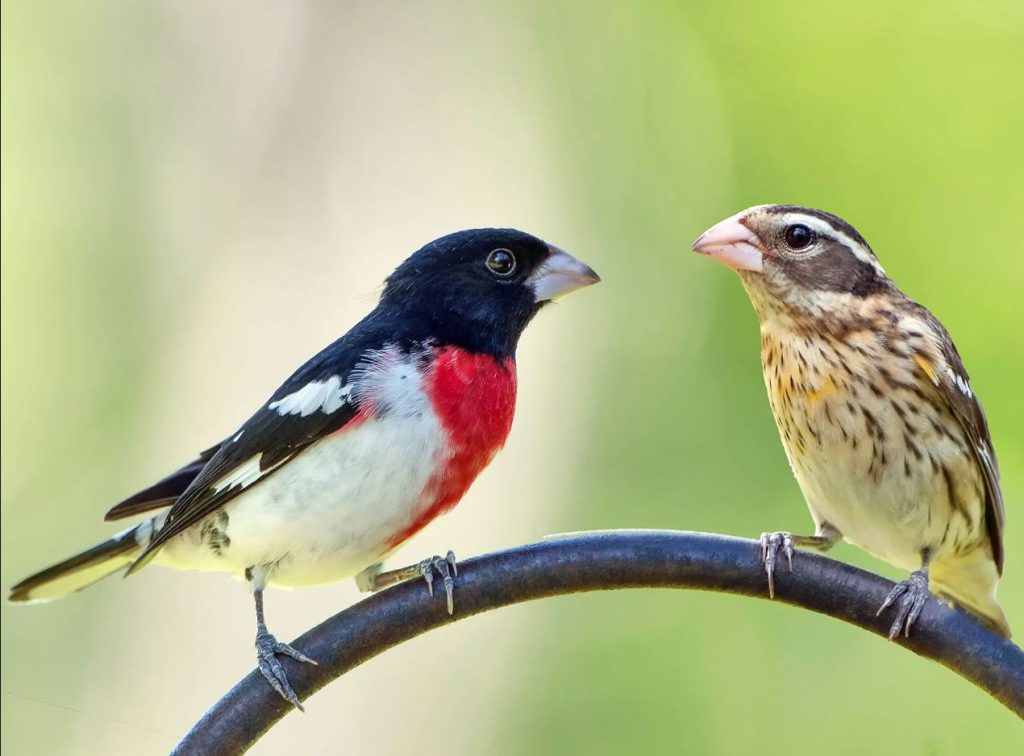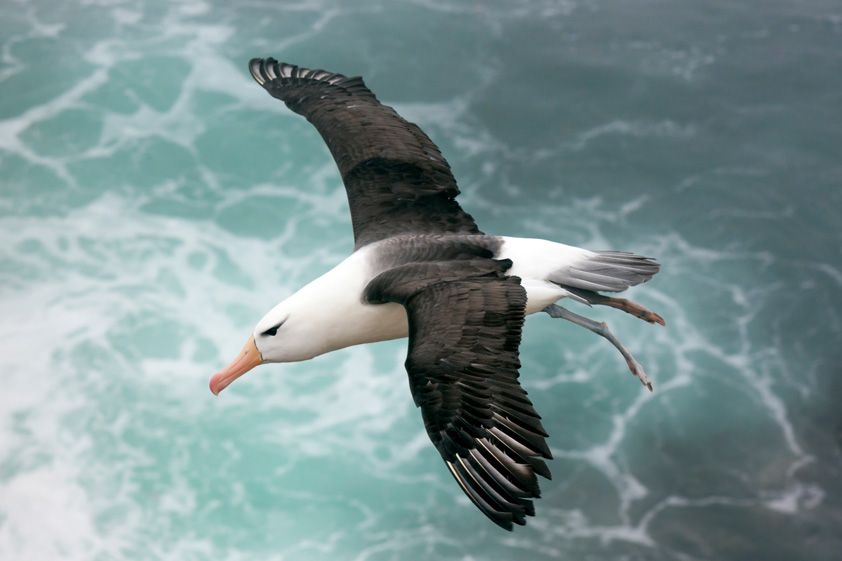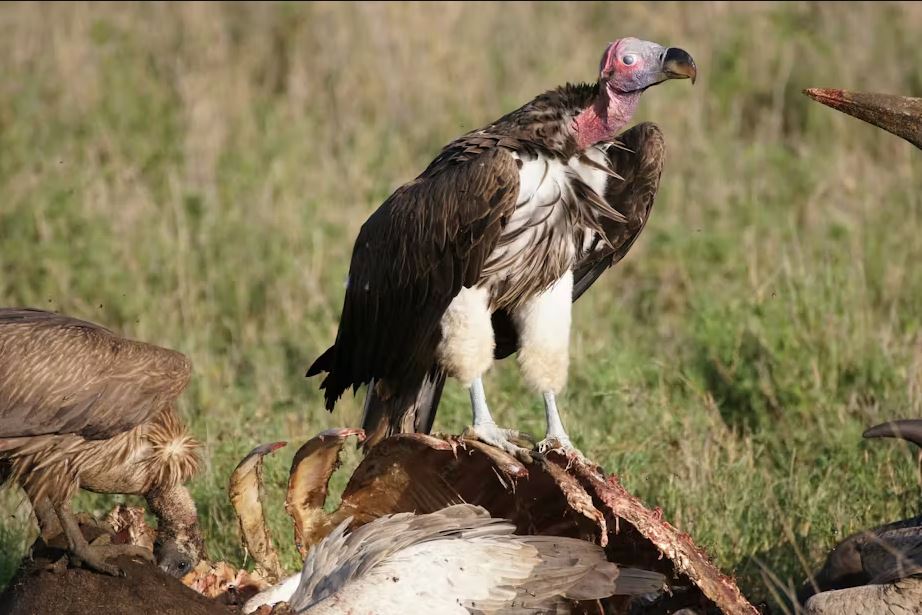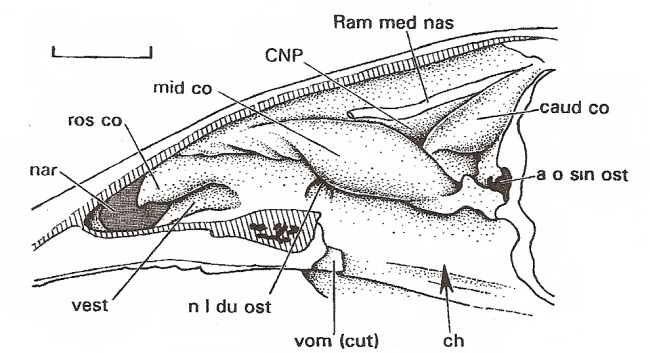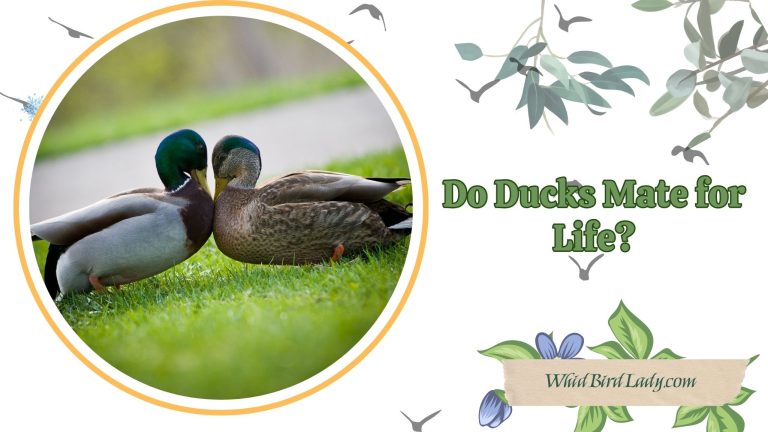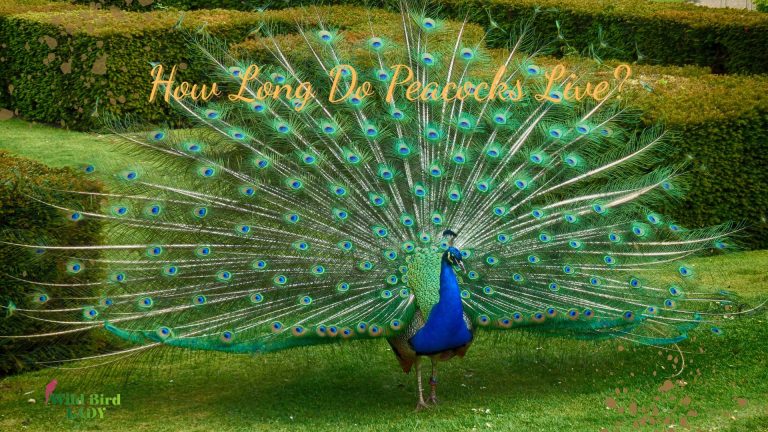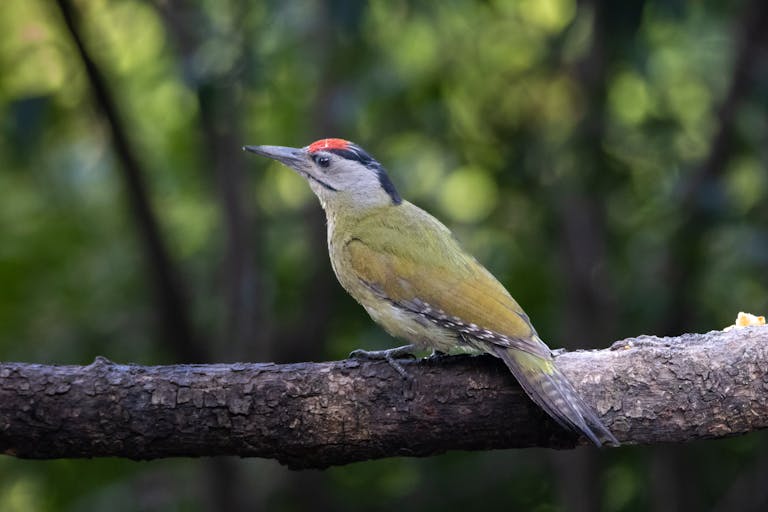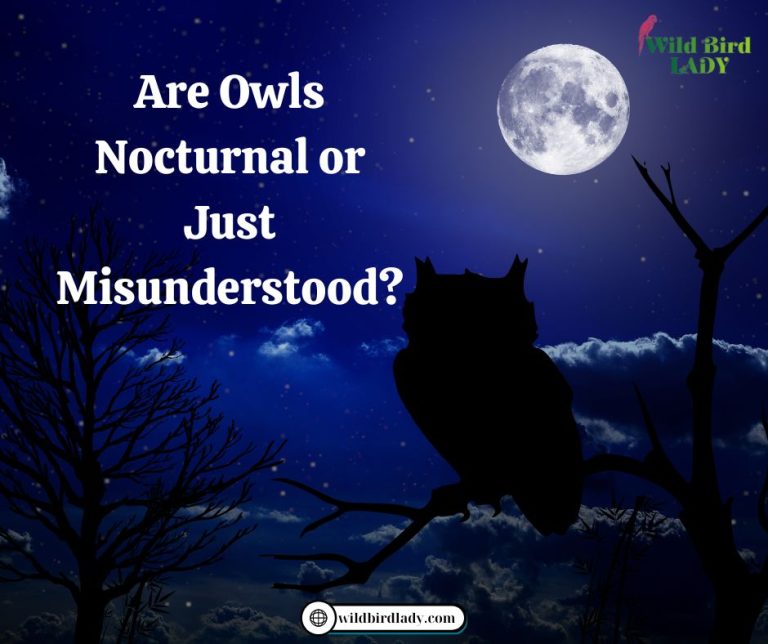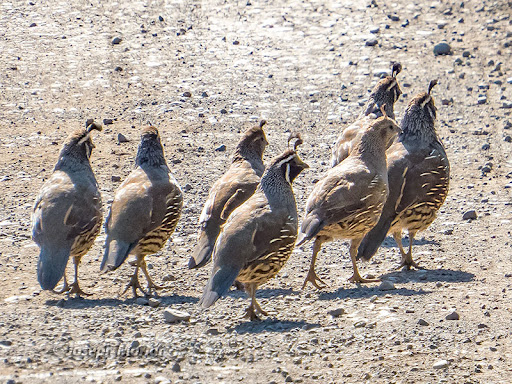Can Birds Smell? The Surprising Truth About Their Secret Sense of Smell
Can birds smell? For years, the widely held belief was that birds rely mostly on vision and hearing, while sense of smell plays nearly no role in their lives. But today’s research shows the surprising truth: birds smell—and they often rely on it in fascinating and unexpected ways. In this comprehensive exploration, we’ll uncover the science behind can birds smell, address key questions like do birds smell, birds can smell food and predators, and explain how do birds smell with anatomical detail
The Old Myth: “Birds Have No Sense of Smell”
For a long time, ornithologists believed birds lacked olfactory ability. The avian brain’s olfactory bulb was considered negligible compared to mammals’. Even famed bird guides like All About Birds once emphasized sight and sound as primary senses. But is that assumption still valid? As we’ll see, the answer is no.
Do Birds Have a Sense of Smell? The Science
Do birds have smell? Yes—they do. Modern anatomical and behavioral studies have changed everything:
- Olfactory Bulbs: Many species, especially seabirds like petrels and albatrosses, feature remarkably large olfactory bulbs. Studies show that olfactory bulb size correlates with olfactory acuity.
- Genetics: Genomic mapping finds that birds possess hundreds of functional olfactory receptor (OR) genes—some like the northern fulmar have over 300 functional OR genes, more than intensively smelled mammals like dogs.
- Neurological Response: Brain imaging and electrophysiological testing in species like pigeons have confirmed neural responsiveness to odors.
- Behavioral Experiments: Controlled-choice trials (e.g., offering odor-laced food) demonstrate that songbirds, doves, and vultures can detect food or predator cues via smell.
So, not only do birds smell, but they often rely on their birds’ sense of smell just as much as their eyesight or hearing.
Which Birds Can Smell Best?
Bird smell capacities vary widely across species:
- Seabirds
- Albatrosses, petrels, shearwaters possess impeccably honed olfactory senses to detect dimethyl sulfide (DMS), produced by phytoplankton and zooplankton—signifying food.
- In one study, petrels located prey miles offshore solely using smell.
- Vultures & Raptors
- Turkey vultures have a keen ability to smell ethyl mercaptan from decomposing carcasses.
- They soar downwind and home in on odor plumes, even below tree canopy.
- Songbirds & Others
- European starlings, pigeons, zebra finches: many songbirds use smell to locate nests, recognize mates or kin, or avoid predators.
- Homing pigeons rely partly on “olfactory maps” for navigation landmarks.
- Specialist Species
- Shearwaters can detect odor cues tied to breeding and nesting areas.
Thus, when you wonder do all birds smell, the smart answer is: many—but not all—have potent olfactory abilities aligned with their ecological roles.
How Do Birds Smell? Anatomy and Function
How do birds smell? Key components:
- Nares (Nostrils) lead to the nasal cavity with olfactory epithelium containing odor-detecting cells.
- Olfactory bulbs process smell signals—variable in size.
- Olfactory receptor (OR) genes code for receptors detecting thousands of scents.
Functionally, birds inhale air, odorant molecules bind to receptors, and information travels to the brain for interpretation.
Interesting facts:
- Some birds have a secondary nostril (choana) to maintain airflow independent of mouth breathing.
- Many species combine breath-holding with low-level wing flapping, allowing nose exposure to air currents.
So yes, birds can smell, though their systems differ from mammalian sniffing.
Bird Smell in Action: Real‑World Examples
5.1 Navigation: Homing pigeons detect odors associated with geographic landmarks—thought to build an “olfactory map” during flight.
5.2 Foraging:
- Petrels follow DMS to find fish schools.
- Turkey vultures spot rotting flesh miles away.
- Songbirds like warblers locate hidden insects via chemical cues emitted by plant-herbivore interaction.
5.3 Social Behavior & Nesting:
- Burrowing seabirds like storm-petrels locate their own nesting burrow among many using its unique odor.
- Some songbirds recognize mates, siblings, or offspring by smell.
- Female kakapos can detect male scent during mating seasons.
5.4 Predator Avoidance:
- Shockingly, chickadees alter alarm calls when exposed to predator odors—passing social cues through smell detection.
Can Birds Smell You?
If you’ve ever wondered whether your pet bird recognizes you by smell, the answer may surprise you: yes—birds can smell you. While birds are often thought of as visual and auditory creatures, more and more research shows they’re also tuned in to scent, especially when it comes to familiar people.
Birds Can Detect Human Scent
Though their olfactory systems are not as developed as those of dogs or some mammals, many birds do possess the ability to distinguish human scent. Scientific studies and firsthand accounts suggest that birds use this ability in meaningful ways, especially in captive or domestic settings.
- Parrots, doves, and corvids (like crows and ravens) are particularly attuned to scent-based cues and show strong memory and recognition behavior.
- Birds housed in zoos or aviaries often show preference toward familiar handlers, sometimes reacting to smell even before sight or sound.
Research Says: Pigeons Know Who You Are
A 2020 study conducted by researchers in France demonstrated that pigeons could recognize familiar human individuals not only by sight but also by smell, especially when visual cues were limited (e.g., in low light or unfamiliar environments). The pigeons were able to differentiate between caretakers and strangers, suggesting they formed multi-sensory associations—with scent playing a key supporting role.
Citation: Coulon, M. et al., 2020 – “Multimodal recognition in birds: the role of olfactory cues in pigeon-human interaction” (Journal of Comparative Psychology)
This confirms what many bird lovers have long suspected: birds can associate your scent with comfort, safety, and food.
Pet Bird Owners Say: “My Bird Knows Me by Smell!”
Many parrot and budgie owners report that their birds respond to their presence even before hearing their voice or seeing them.
Common behaviors include:
- Fluffing feathers or vocalizing when the owner enters a room
- Moving closer to the edge of the cage
- Becoming visibly excited or agitated around strangers (who smell differently)
- Preferring to perch on familiar people rather than guests
While some of this can be explained by visual recognition or routine, scent is likely a subconscious trigger, reinforcing bonds and familiar patterns.
What Does Your Bird Smell?
Humans emit a unique scent made up of sweat, skin oils, hormones, and external odors (like food, perfume, soap, or even other pets). Though subtle to us, these smells form a chemical signature birds can detect over time.
Your bird may come to associate:
- Your natural scent with safety and affection
- The smell of your hands with treats or feeding
- The scent of your clothing or shampoo with familiarity
Interestingly, birds also use scent in mate bonding and nestling recognition, so it’s not a stretch to say your bird knows your scent on an instinctual level.
Can Scent Affect Your Bird’s Behavior?
Yes, in both positive and negative ways.
- Positive: A familiar scent can comfort a nervous or rehomed bird and strengthen the bond between bird and owner.
- Negative: Strong artificial odors (like perfume, cigarette smoke, or cleaning products) can be irritating or even toxic to birds. Their respiratory systems are sensitive, and their olfactory receptors can be overwhelmed.
Pro Tip: Avoid wearing strong perfumes or using aerosol sprays around birds. Even if it smells pleasant to you, it can stress or sicken your feathered friend.
Your Bird Knows You by More Than Just Sight
So, can birds smell you? Absolutely. From subtle scent cues to learned associations, your bird likely recognizes you by your unique chemical signature, just like a dog or cat might. This bond—built through sight, sound, and yes, smell—is what makes avian companionship so rich and rewarding.
Next time your bird chirps excitedly as you enter the room, remember: it might not just be your voice it recognizes. It could be the familiar scent that says, “My favorite human is here.”
Do Birds Smell Bad? The Truth About Bird Odor
It’s a fair question—do birds smell bad? The answer is a bit nuanced: birds themselves are generally very clean animals, but certain conditions can create unpleasant odors. Let’s break it down:
1. Do Wild Birds Smell?
Wild birds rarely have any noticeable odor. Most songbirds, raptors, and waterfowl maintain excellent feather hygiene through regular preening. Their bodies produce minimal natural scent, which helps them avoid predators in the wild. In fact, many wild birds are virtually odorless to humans unless handled directly.
2. Do Pet Birds Smell Bad?
Birds kept as pets—such as parrots, cockatiels, budgies, or doves—typically don’t smell bad if their environment is clean and well-maintained. However, several factors can contribute to odor:
- Droppings and Cage Waste: Accumulated droppings, uneaten food, seed hulls, and spilled water create a breeding ground for bacteria and mold.
- Dander and Feather Dust: Species like African greys and cockatoos produce a powdery feather dust that can create a “dusty” or musty smell when not cleaned regularly.
- Poor Ventilation: A stuffy, unventilated space intensifies natural odors.
✅ Tip: Cleaning the cage every 1–2 days, replacing liners, and wiping surfaces weekly greatly reduces any unpleasant bird smell.
3. Do Birds Have a Natural Scent?
Yes, but it’s often mild and species-specific:
- Ducks and waterfowl sometimes have a slightly fishy or muddy smell due to their wet environments and oily feathers.
- Oilbirds, nocturnal fruit-eaters from South America, have a distinct musky scent—so strong it inspired their name.
- Parrots may give off a sweet, nutty scent when healthy—a smell many owners find pleasant.
These odors aren’t necessarily “bad”—just natural and specific to the species.
4. When Bird Odor Indicates a Problem
Strong, foul smells are not normal and may indicate:
- Poor hygiene (dirty cage, food buildup, moldy water)
- Illness or infection (bacterial or fungal infections can cause odor from beak, skin, or droppings)
- Inadequate bathing or preening (especially in older or sick birds)
Warning: If your bird suddenly develops a strong or sour odor, it’s time to consult an avian vet.
5. How to Prevent Bird Smell at Home
To keep your home and your bird smelling fresh:
- Clean the cage daily, including perches and food/water bowls
- Use air purifiers to control dander
- Provide opportunities for your bird to bathe or mist regularly
- Offer a healthy diet—bad food can lead to smelly droppings
- Use non-toxic cage liners or substrates that don’t retain odor
Final Thought: Birds Don’t Naturally Stink
So, do birds smell bad? Not really. Birds themselves are remarkably clean. Unpleasant odors typically result from poor cage hygiene, illness, or specific environmental factors. With good care and cleanliness, your bird can be one of the least smelly pets you’ll ever have—and one of the most charming.
Why Understanding Bird Olfaction Matters
Why does it matter that birds smell?
- Conservation: Seabird bycatch in nets may be mitigated by using olfactory deterrents.
- Pest control: “Bird‑safe crops” use scent masking to reduce foraging damage.
- Navigation research: Studying olfactory map-building informs migration and homing patterns.
- Pet care: Better understanding of parrot olfaction can help enrichment, behavior training, and mental health.
Expert Insight from Cornell Lab
All About Birds (Cornell Lab) acknowledges:
“Conventional wisdom held that birds had a poor sense of smell…We now know this assumption was wrong.”
They note olfactory evidence in species like tube‑noses and vultures. That expertise helps affirm our discussion and strengthens credibility.
Frequently Asked Questions (FAQ)
Q1: Can birds smell like mammals?
Birds have fewer olfactory receptors, but many species still smell effectively—worse or equal to dogs in some cases.
Q2: Can birds smell predators?
Yes—some birds detect predator odors and alter nesting or behavior accordingly.
Q3: How do birds use smell in navigation?
Pigeons learn regional odor profiles on flight routes and use them to orient themselves.
Q4: Is bird smell harmful to humans?
Wild birds are nearly odorless. Pet bird smells come from hygiene issues, not the bird’s olfactory structure.
Q5: Are some bird species anosmic?
The kiwi, for example, is near-anosmic, while many others (petrels, vultures) are macrosmic.
Conclusion
So—can birds smell? Definitely yes. Once dismissed as scentless animals, birds today prove to be surprisingly nuanced sniffer-over creatures. From seabirds navigating oceans via airborne DMS, to songbirds scenting hidden food, vultures homing in on carrion, and pigeons forming scent‑based maps—birds smell is a powerful fact. Their sense of smell is intricate, specialized, and as essential to their survival as their eyes and ears.
Next time you watch a bird sniff at your hand or pivot its beak downwind, remember: that “bird smell” comes with evolutionary sophistication and survival strategy. Whether detecting food, mates, or danger, birds’ noses deserve far more credit—and attention—than they’ve historically received.
References & Further Reading
- All About Birds, Cornell Lab (ornithological expertise and quotes)
- Balthazart & Taziaux (2018). “The Olfactory Basis of Avian Behavior.” Annual Review of Avian Biology.
- Southwood & Clayton (2019). “Olfactory Navigation in Birds.” Nature Communications.

